Elon Musk Shows UK a Post-Richard Branson's Virgin Orbit Holdings Route to Space
Richard Branson bowed out of the race after sinking more than $1 billion into Virgin Orbit Holdings. His net worth is $2.9 bn, compared with $232 bn for Elon Musk.
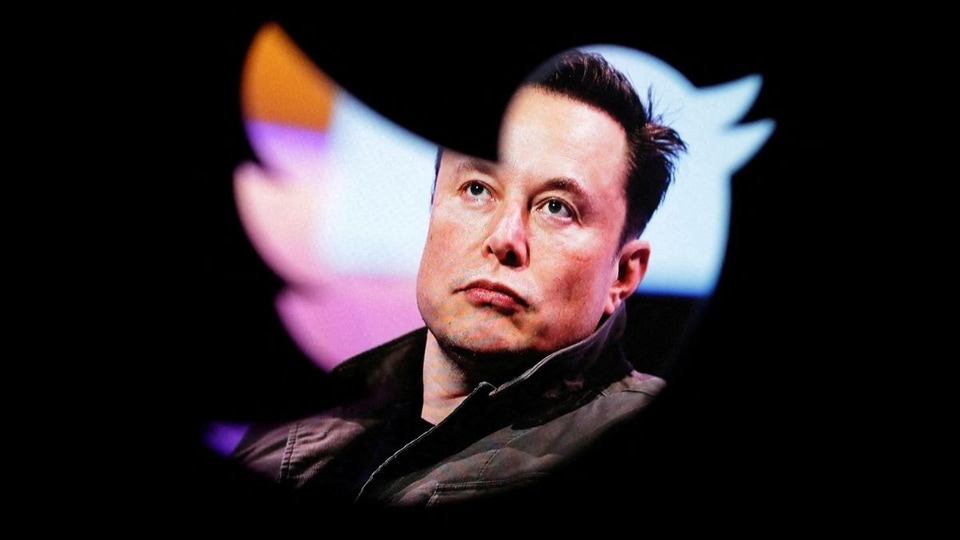
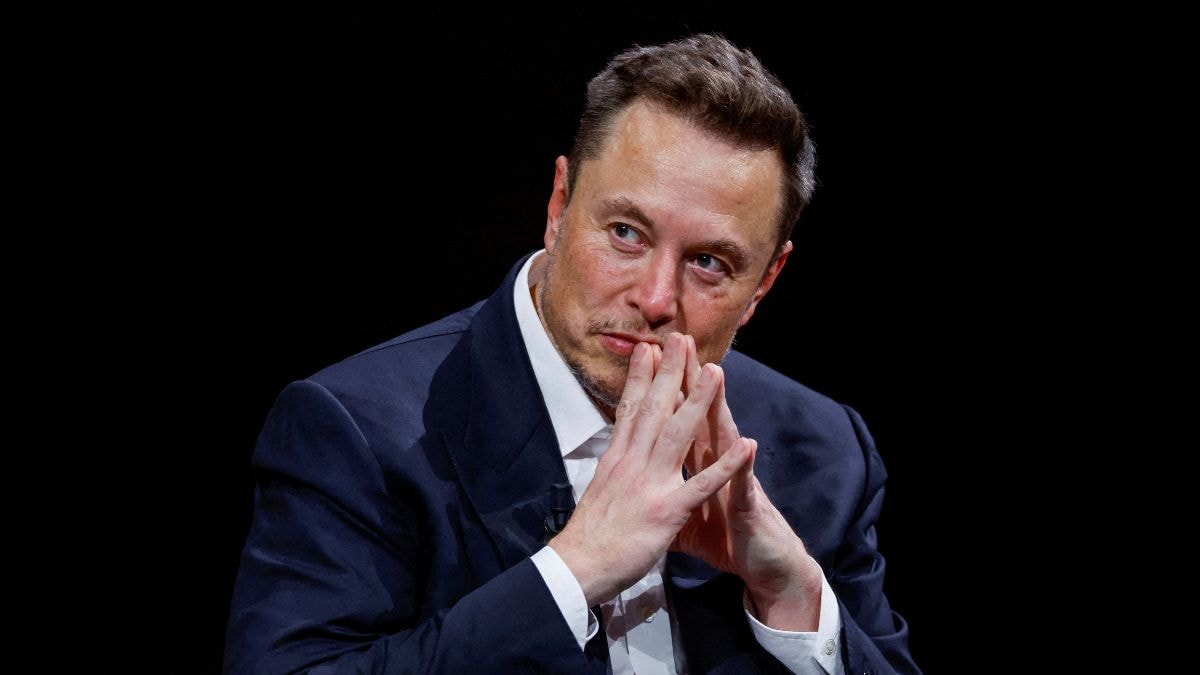
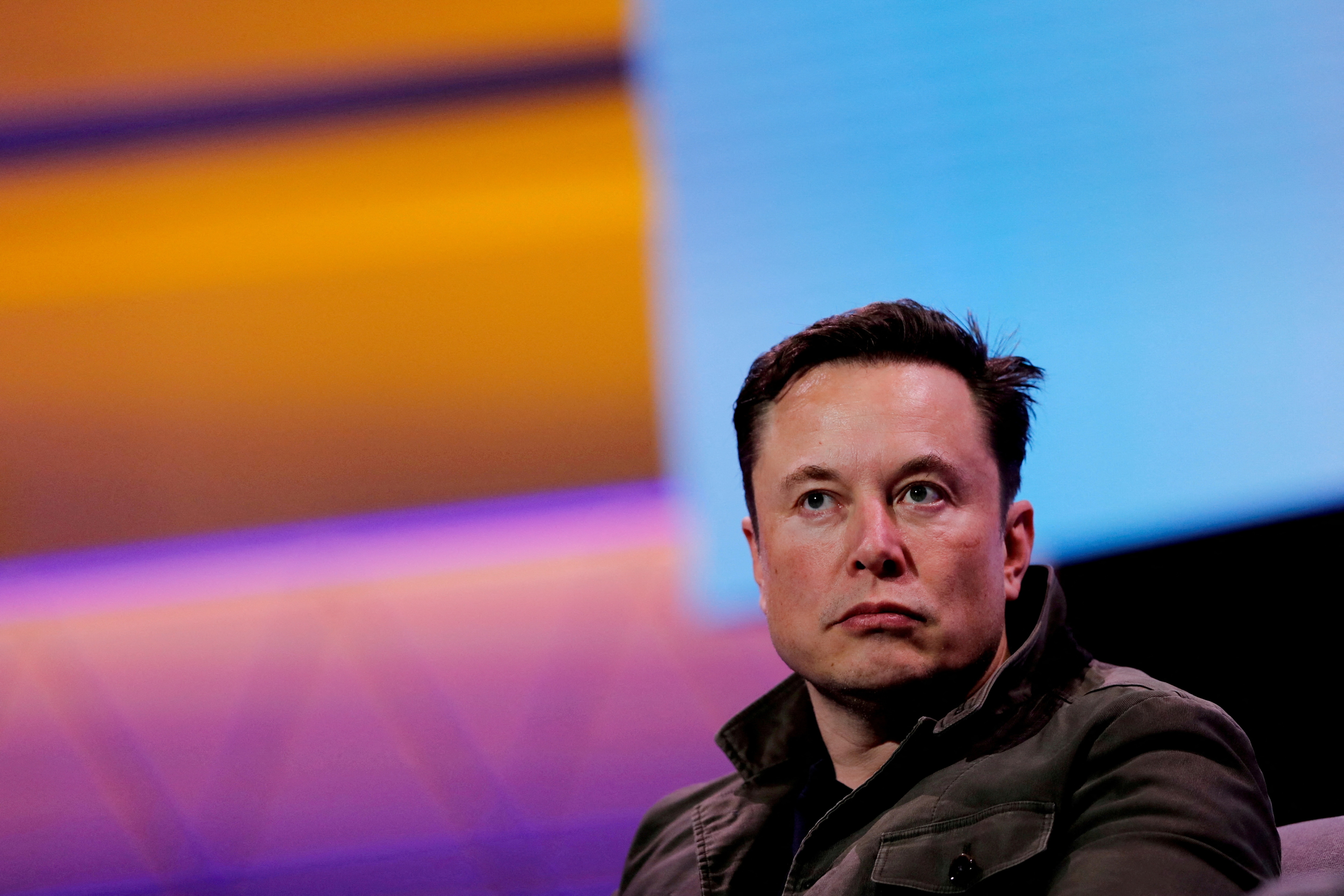
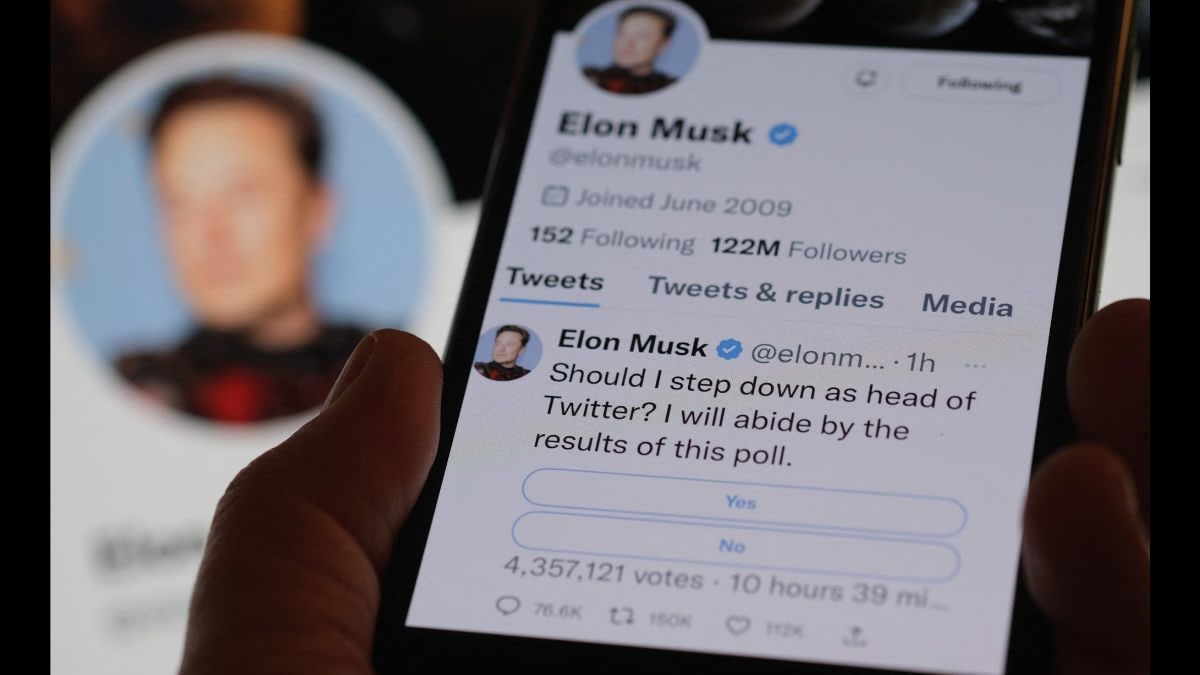



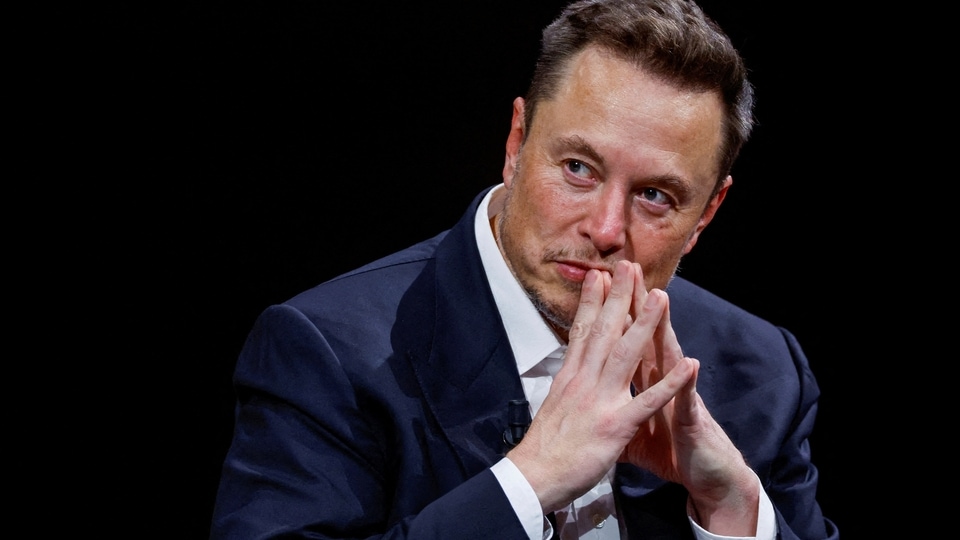
 View all Images
View all ImagesBritain is in a despondent state, weighed down by a stagnating economy, accumulating evidence of its relative decline, persistent cost-of-living challenges and political infighting over immigration. The country could do with a success, a galvanizing moment of national achievement to rekindle optimism. Will space provide it? More than seven decades after British engineers first began developing rockets, 2024 may finally see the first successful launch from UK soil. Several are planned, though details are scant. The most likely site among a number of candidates is SaxaVord on the island of Unst, the first spaceport to receive approval from Britain's aviation regulator for vertical rocket launches. Unst is the northernmost of Scotland's Shetland Islands and closer to Norway than England. SaxaVord will be the first fully licensed such facility in Western Europe, according to the BBC.
A successful mission would erase the bitter aftertaste of Richard Branson's Virgin Orbit Holdings Inc., whose maiden UK launch a year ago ended in failure. Taking off horizontally from the back of a modified Boeing 747 from Cornwall in southwest England, the rocket carrying nine satellites reached space but failed to enter orbit after an engine shut down prematurely. Three months later, the California-based company, which once had a market value in excess of $3.5 billion, filed for bankruptcy.
There are multiple reasons to cheer the prospect of a renewed attempt. Getting satellites into orbit would be a milestone for Britain and act as a potential catalyst for its space industry, putting the sector in a position to dominate the market for European launches and attracting investment and expertise. Saxavord in particular is suitable for small rockets delivering satellites into low-Earth orbit, the segment in which the UK aims to specialize. It offers a clear ocean flight path over the North Pole and down through the Pacific, meaning rockets can travel a long way without the risk of dropping something on buildings or unsuspecting human heads — a key consideration when deciding where to blast off from.
Just as important, a launch capability promises to dramatically raise the visibility of Britain's space sector, which has tended to fly under the radar. That's perhaps inevitable: If you don't participate in the most photogenic part of the process — the actual blasting of rockets out of the Earth's atmosphere — you're not going to attract much attention. Yet the industry is an under-appreciated star of Britain's economy: growing, privately funded and highly productive.
The ultra-rich dominate the emerging era of commercial space flight. Elon Musk, the world's wealthiest person, has revolutionized the industry with the reusable rockets of his Space Exploration Technologies Corp., better known as SpaceX, and fantasies of colonizing Mars. Musk has feuded publicly with Jeff Bezos, who ranks second in wealth, over their space ambitions. Branson, Britain's own billionaire space champion, can't be blamed for bowing out of the race for a UK launch after sinking more than $1 billion into Virgin Orbit. He has an estimated net worth of $2.9 billion, compared with $232 billion for Musk and $179 billion for Bezos, according to the Bloomberg Billionaires Index.
The wealth of the industry's figureheads can be a distraction, according to David Willetts, chair of the UK Space Agency. “There's a view that it's a kind of rich person's hobby or toy; it's a misunderstanding,” Willetts, whose agency is charged with promoting and driving investment into the sector, told me in an interview. In reality, the US billionaires are both pursuing “smart strategic investments,” he said, aiming to create fully integrated systems that link satellite capabilities with their giant Earth-bound corporations, Amazon.com Inc. in Bezos's case and Tesla Inc. in Musk's.
Similarly, Britain's space sector is very much a commercial enterprise. UK-based companies perform tasks ranging from managing the movements of hundreds of satellites and building instruments for telescopes to developing materials in space that can't be made on Earth and researching medicines in zero gravity. That's reason enough to support any endeavor that promises to accelerate its growth. Beyond the business case, though, the positive effect on a fragile public psyche might be even more valuable, showcasing not only Britain's innovation and engineering excellence but its ability to persevere in the pursuit of difficult objectives.
Those concerned about the risk of another flame-out should remember the example of Musk. SpaceX's first three launches failed in the 2000s, bringing the company to the brink of collapse. As of December, it had put more than 5,000 satellites into low-Earth orbit and had a value of close to $180 billion. “I never give up,” Musk once said when asked about the failures. That might make a good motto for Britain's space program.
Catch all the Latest Tech News, Mobile News, Laptop News, Gaming news, Wearables News , How To News, also keep up with us on Whatsapp channel,Twitter, Facebook, Google News, and Instagram. For our latest videos, subscribe to our YouTube channel.






































